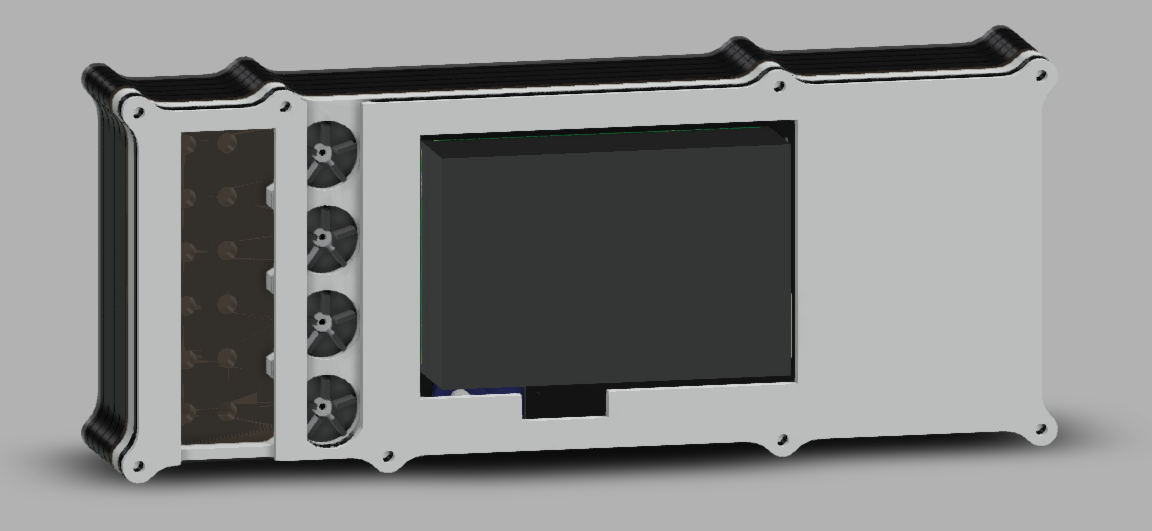
Subscribe to Pittwire Today
Get the most interesting and important stories from the University of Pittsburgh.Student Team Wins Kids’ Choice Award at 24-hour Hackathon to Solve Pediatric Problems
Remembering to take medicines on time and at the right dose is a challenge for adults, but it can be even more difficult for a hospital's youngest patients to manage.
Three undergraduate students from the University of Pittsburgh tackled this particular challenge at the first-ever Hack This. Help Kids pediatric health care hackathon on October 5-6, hosted by UPMC Children’s Hospital of Pittsburgh Foundation and presented by the Citrone Thirty Three Foundation and Tulco. The team won the Kids’ Choice Award for their prototype pill dispenser.
The hackathon participants spent 24 hours working in teams to solve a unmet pediatric problem identified by the hospital’s community. The Pitt team, Sailbot 2020, included Kaylene Stocking, a senior bioengineering and computer engineering student; Jay Maier, a senior mechanical engineering student; and Andrew Lobos, a senior computer science student.
Each team tackled a “pain point” topic for its project, such as improving the patient history process or designing a better storage and delivery system for breast milk. The Sailbot 2020 team chose the challenge of helping children stick to the medicine schedule and decided to prototype a smart, kid-friendly pill dispenser. Pediatric patients, who sometimes leave the hospital with a strict and complex medication regimen, often have difficulty following the necessary schedule.
“Our idea was that a physician could enter what medications need to be taken at what time into our device, and it will track the medication schedule, alerting the patient and dispensing a pill at the appropriate times,” said Stocking. “The prototype can accommodate up to five pills for four different medications. The onboard screen also provides real-time instructions for parents on how to load the pills into each slot.”
Mentors from Children’s, Microsoft, Google and other organizations helped the teams develop their ideas during the competition. Judges listened to short pitches and a Q&A to advance teams through to the final round.
As the competition continued, Sailbot 2020 added additional features to better appeal their main demographic, pediatric patients. “We utilized a touch screen and lights to make it attractive for kids, and our thought was to later develop games would appeal to kids and make the process more fun,” Stocking said. The prototype was successful in this regard because it proceeded to the competition finals and won over a panel of adolescent judges. The overall first place winner was a team called Thirsty Scholars, who won $5,000 for their smart neonatal breast milk supply system.
Regarding their success, Stocking said, “We built the prototype in under 20 hours, so we were pretty happy with the result.”


